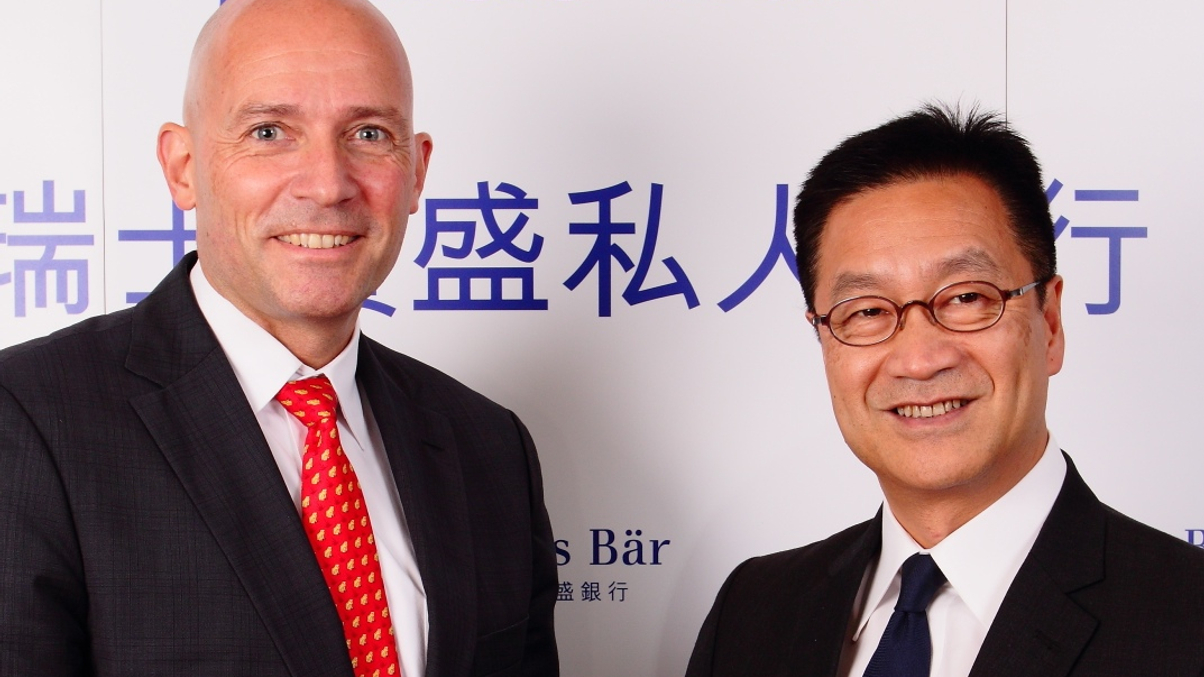China HNWIs dangerously overconfident: Julius Baer
Entrepreneurial zeal and lack of investment experience have given rise to unrealistic return expectations, says Kaven Leung, the Swiss private bank’s head of North Asia.

A strong entrepreneurial spirit has made Chinese high-net-worth individuals (HNWIs) dangerously overconfident about meeting unrealistic investment goals, warn executives at Julius Baer.
Sign in to read on!
Registered users get 2 free articles in 30 days.
Subscribers have full unlimited access to AsianInvestor
Not signed up? New users get 2 free articles per month, plus a 7-day unlimited free trial.
¬ Haymarket Media Limited. All rights reserved.


